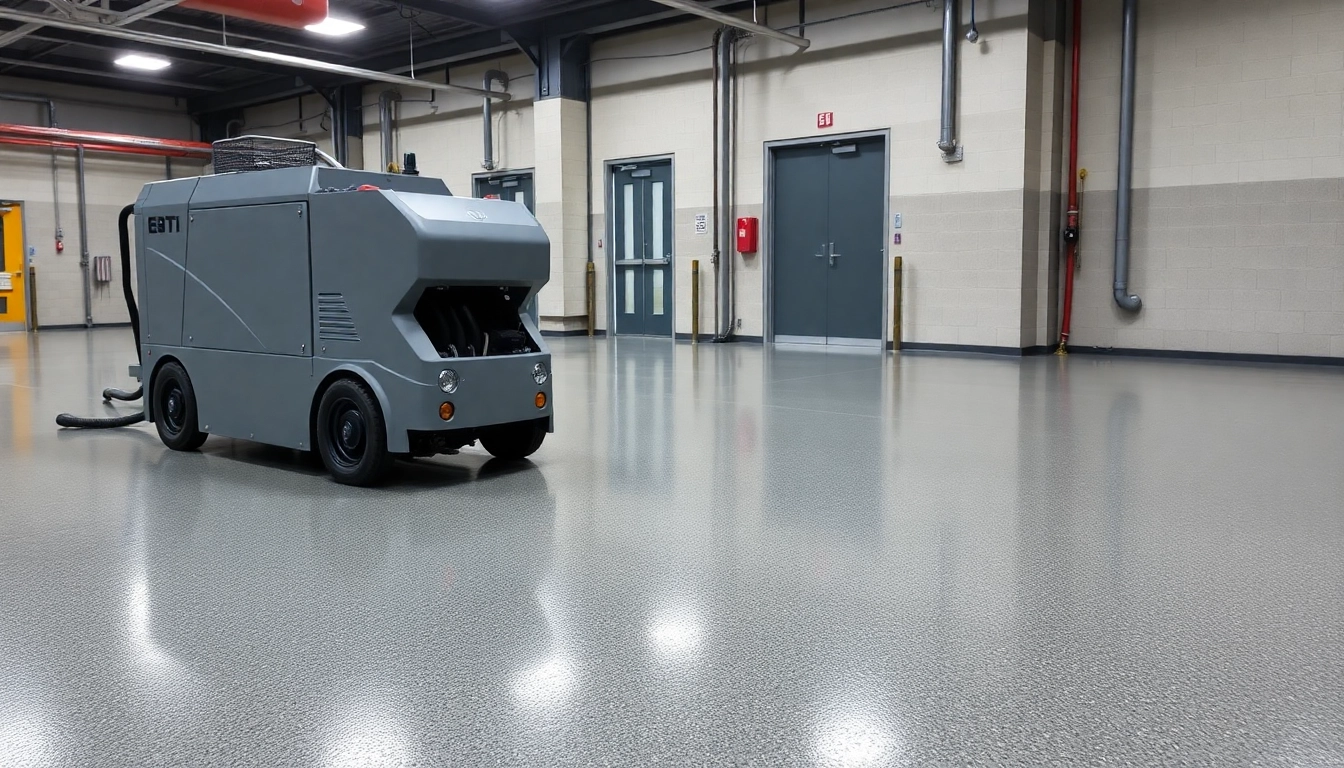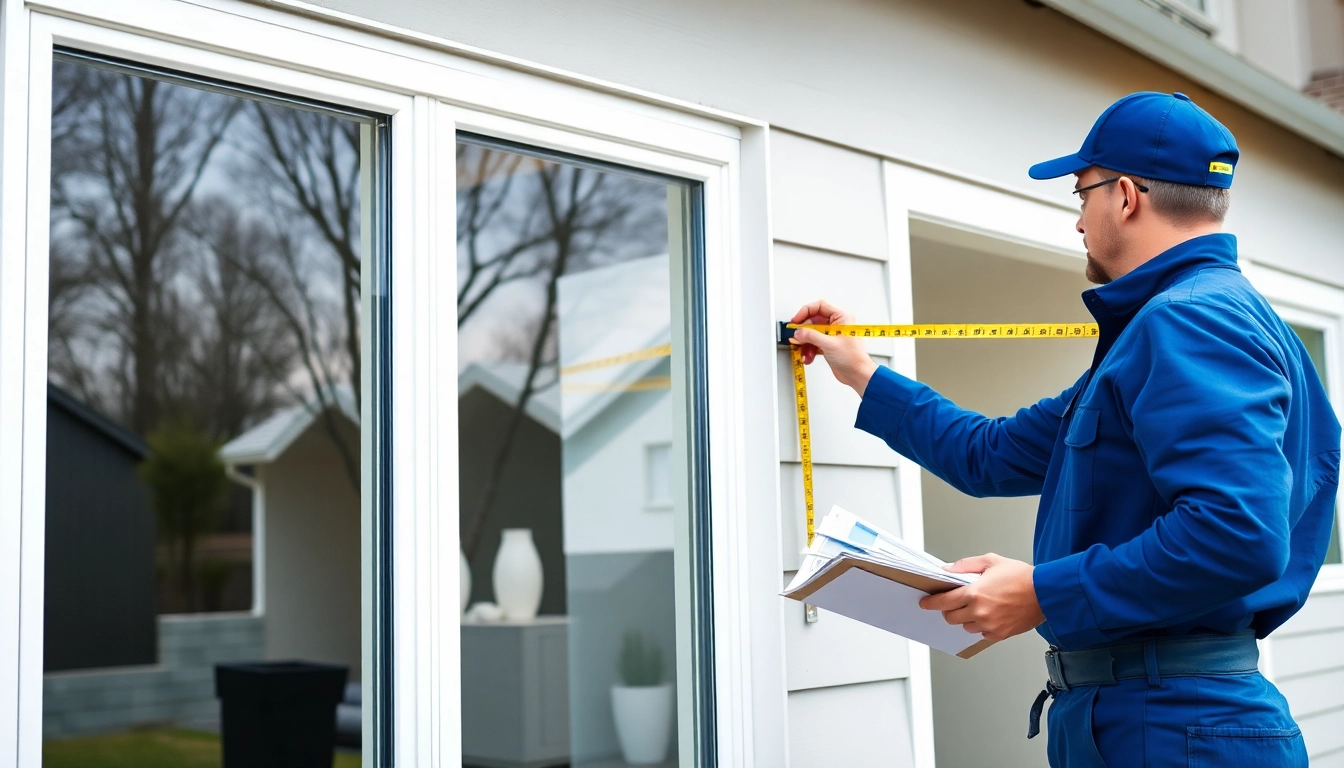Understanding Floor Preparation in Birmingham: Basics and Importance
1.1 What is floor preparation and why is it crucial?
Floor preparation refers to the comprehensive process of cleansing, repairing, and leveling a building’s surface prior to installing new flooring materials. In Birmingham’s diverse construction and renovation landscape, this step is pivotal for ensuring that the finished floor not only looks professional but also performs reliably over time. Proper preparation eradicates imperfections such as cracks, uneven surfaces, or contamination that can impair adhesion and durability.
Imagine attempting to lay high-quality vinyl, hardwood, or resin coatings over a flawed subfloor—without adequate prep, issues like peeling, cracking, or uneven wear are imminent. In essence, thorough floor preparation acts as the foundation for a flawless flooring installation, preventing costly failures and safeguarding your investment. For those seeking expert services, Floor preparation Birmingham offers tailored solutions to ensure your project starts on solid ground.
1.2 Common methods used in Birmingham floor preparation
In Birmingham, flooring specialists employ various techniques tailored to the specific conditions of the existing surface and the type of flooring to be installed. Common methods include:
- Mechanical Grinding and Leveling: Using diamond grinders to level uneven concrete slabs, remove coatings, or eliminate surface imperfections. This method ensures a smooth, durable base for overlays or coatings.
- Cleaning and Debris Removal: Intensive cleaning to remove dust, grease, oil, and other contaminants that could hinder adhesion.
- Concrete Repairs and Patching: Filling cracks or holes with appropriate patching compounds to achieve structural integrity.
- Moisture Testing and Control: Assessing moisture levels to prevent future issues like mold or floor bubbling, especially important in Birmingham’s humid climate.
- Dust-Free Preparations: Employing dust-free equipment to minimize airborne particulates during grinding, ideal for sensitive environments such as hospitals or cleanrooms.
These methods, executed with precision, lay the groundwork for a seamless flooring process, significantly reducing the risk of future flooring failures.
2. Types of Floor Preparation Techniques Offered in Birmingham
2.1 Concrete grinding and levelling
One of Birmingham’s most prevalent floor prep techniques, concrete grinding ensures a uniformly level surface. Using specialized machinery, grinding removes uneven spots, old coatings, and surface roughness. This technique is particularly crucial for large commercial projects or residential basements where uneven slabs can cause aesthetic and functional issues.
Advanced equipment like planetary grinders with diamond tooling can correct significant imperfections swiftly, delivering a surface ready to accept epoxy, vinyl, or hardwood flooring. This method also enhances surface adhesion, thereby increasing the longevity of the installed floor.
2.2 Surface cleaning and repair
Prior to installation, meticulous cleaning removes dust, oil, and debris that can compromise adhesion. Birmingham-based contractors utilize industrial vacuums, shot blasting, and chemical cleaners depending on the surface condition. Repair work involves patching cracks or spalling concrete, which is vital for preventing future deterioration and ensuring a stable base.
2.3 Dust-free preparation for sensitive environments
In environments such as healthcare facilities or laboratories, dust-free surface preparation is non-negotiable. Specialized equipment captures dust at the source, providing a cleaner working environment. This proprietary approach, available in Birmingham’s top flooring companies, guarantees a pristine surface ideal for high-precision coatings or finishes.
3. Choosing the Right Floor Preparation Service in Birmingham
3.1 Factors to consider: materials, surface condition, project scope
Selecting an appropriate flooring preparation service demands careful assessment of your specific project needs. Consider the type of flooring material—whether it’s epoxy, hardwood, vinyl, or carpet—and match it with surface conditions such as unevenness, moisture content, and existing coatings. The scope of the project, including size and complexity, will influence the choice of preparation techniques and equipment.
3.2 How to verify credentials and experience
Ensuring that your contractor has certified expertise, proper licensing, and positive reputation is essential. Check for industry accreditations, customer reviews, and portfolios of previous Birmingham projects. Engaging with a company experienced in residential, commercial, or industrial settings ensures they understand local building standards and environmental factors.
3.3 Cost estimates and planning your budget
Transparent and detailed quotes are vital for budgeting. A reputable Birmingham contractor will evaluate your site, define the required preparation steps, and deliver an accurate estimate. Remember, investing in high-quality prep saves money in the long run by extending the lifespan of your flooring and reducing future repairs.
4. Benefits of Professional Floor Preparation in Birmingham
4.1 Enhanced adhesion of coatings and finishes
High-quality preparation creates an optimal bonding surface for adhesives, coatings, and finishes. This results in a more durable, aesthetic, and professional-looking floor that resists peeling, cracking, and staining. In Birmingham’s climate, this adhesion robustness is crucial to withstand temperature fluctuations and humidity.
4.2 Reduced risk of future damage and repairs
Properly prepared floors are less prone to issues such as delamination or surface wear. Addressing problems like cracks or moisture migration at the outset prevents costly repairs or replacements down the line. This proactive approach is especially beneficial in high-traffic commercial and industrial settings common in Birmingham.
4.3 Improved safety and compliance standards
Ensuring a smooth, even surface reduces trip hazards and enhances slip resistance—crucial for both residential and commercial spaces. Professional prep also guarantees adherence to local building codes and safety standards, giving peace of mind during and after installation.
5. Implementing Effective Floor Preparation: Tips and Best Practices
5.1 Preparing your site before the service
Clear the area of furniture, debris, and any obstructions. Inform your contractor of hidden issues like dampness or structural concerns. Adequate preparation minimizes delays and ensures the work progresses smoothly, delivering a high-quality result.
5.2 Communicating project specifics with contractors
Effective communication about your expectations, materials involved, and project timeline fosters a collaborative environment. Discussing detailed plans, and clarifying scope and potential challenges, helps avoid misunderstandings and ensures the prep process aligns perfectly with your flooring goals.
5.3 Monitoring progress and ensuring quality standards
Stay engaged during the process by inspecting the work at key stages—surface cleaning, patching, leveling, and finishing. Providing feedback promptly allows for corrections if needed, ultimately leading to a flawless foundation for your new flooring.



